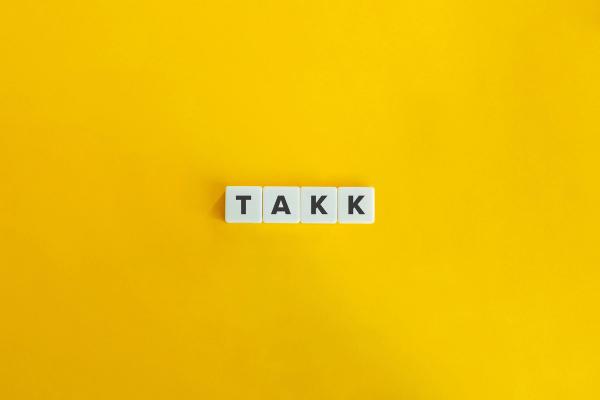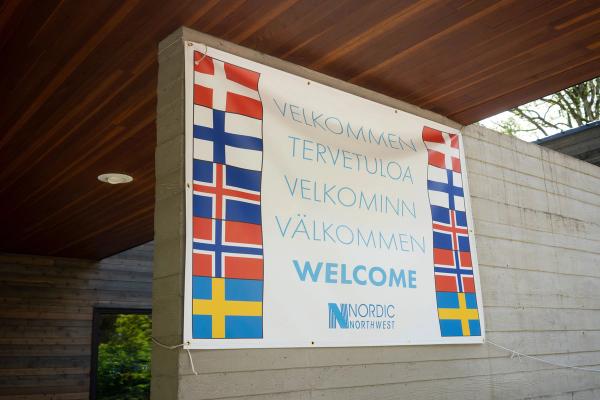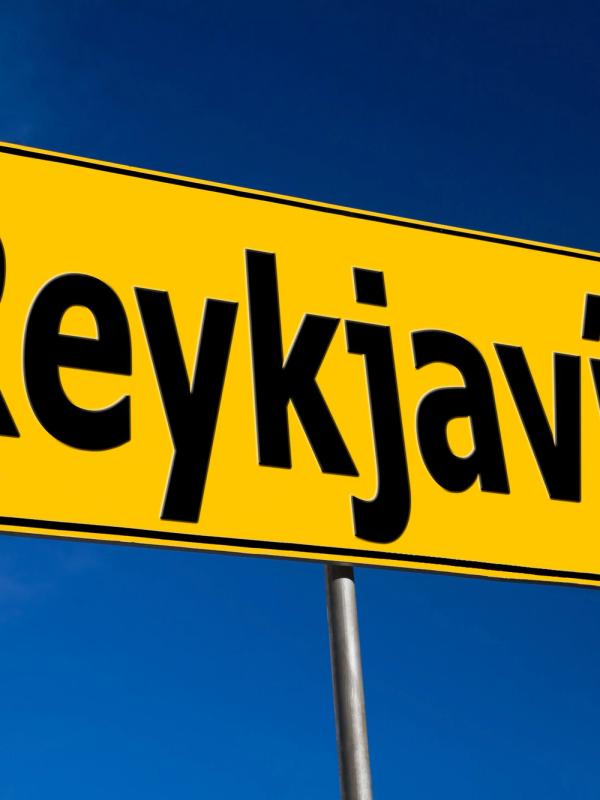
Is Icelandic a Difficult Language to Learn?
Are you considering learning Icelandic but wondering if it's too difficult to tackle? With its complex grammar and unique phonology, many learners hesitate to take on the challenge.
However, with the right resources and dedication, mastering Icelandic can be a rewarding experience. In this article, we'll explore the intricacies of the Icelandic language and provide tips for making the learning process more manageable. Whether you're a language enthusiast or simply curious about Icelandic, you'll discover valuable insights to help you on your language-learning journey.
Icelandic is the official language of Iceland, deeply rooted in the Viking Age. It has kept much of its old structure and vocabulary from Old Norse, making it a unique language to explore. For language enthusiasts and travelers, learning Icelandic offers a way to connect more closely with Iceland's rich culture. But for English speakers, the question is: How hard is it to learn Icelandic?
What Makes Icelandic Unique?
Icelandic is closely tied to its history and culture. With its ancient roots and small but dedicated group of speakers, it’s a language unlike any other.
An Ancient Language Still in Use
Icelandic has changed very little since the 13th century. This means that modern speakers can read old texts, like the famous Icelandic sagas, without much trouble. This continuity makes Icelandic special among modern languages.
Cultural Importance
The language is a key part of Icelandic identity. Icelanders take pride in keeping their language pure. Instead of borrowing words from other languages, they often create new words using Icelandic roots. For example, the word for "computer" is "tölva," a blend of words meaning "number" and "prophetess."
A Small Language Community
With about 360,000 speakers, Icelandic is one of the world's least-spoken national languages. This close-knit community values its language highly. Learning Icelandic means becoming part of this unique culture.

Why Is Icelandic Hard to Learn for English Speakers?
Icelandic can be tricky for English speakers because of its grammar, unusual sounds, and limited learning tools. It’s a language that takes time and effort to get the hang of, but understanding the challenges can help.
Complex Grammar
Icelandic grammar is quite intricate. It uses four grammatical cases—nominative, accusative, dative, and genitive—that change how nouns, pronouns, and adjectives function in sentences. Each noun has one of three genders: masculine, feminine, or neuter. Words change form depending on their role in the sentence, which can be tricky for learners.
Verbs also have many forms, changing based on tense, mood, person, and number. There are strong and weak verbs, each following different patterns, adding another layer of complexity.
Unique Alphabet and Pronunciation
The Icelandic alphabet includes letters not found in English, like "þ" (thorn), pronounced like the "th" in "think," and "ð" (eth), pronounced like the "th" in "this." Other unique letters include "æ," which sounds like "eye," and "ö," similar to the "u" in "burn."
Pronunciation can be challenging because of these unfamiliar sounds. Also, stress is always on the first syllable of words, which might feel different from English.
Limited Learning Resources
Compared to languages like Spanish or French, fewer resources are available for learning Icelandic. There are not as many textbooks, apps, or online courses. It's also less common to find Icelandic classes or tutors outside of Iceland, making learning more difficult.

How Long Does It Take to Learn Icelandic?
Learning Icelandic takes time and depends on what you want to achieve and how you go about it. Whether you aim to pick up simple phrases or speak fluently, it helps to know what to expect.
Estimated Timeframe
The U.S. Foreign Service Institute (FSI) classifies Icelandic as a Category IV language for English speakers, meaning it's quite challenging. They estimate it takes about 1,100 classroom hours, or 44 weeks of intensive study, to reach proficiency.
This is similar to the time it takes to learn languages like Polish or Greek.
Factors That Affect Learning Time
- Previous Language Experience: If you know other languages with cases or genders, like German or Russian, you might find Icelandic grammar easier to grasp.
- Learning Environment: Immersion helps a lot. Living in Iceland or regularly speaking with native speakers can speed up learning.
- Study Habits: Consistent practice and using various resources can improve your progress.
- Motivation: Having clear reasons for learning Icelandic can keep you motivated and focused.
Setting Realistic Expectations
- Basic Communication: You might achieve this level in a few months of focused study.
- Conversational Fluency: This could take one to two years of regular practice.
- Full Proficiency: Mastering all aspects of the language might take several years.

How Icelandic Compares to Other Languages
Icelandic is unique, and how hard it feels depends on what you compare it to. It’s harder than some languages but not the toughest to learn.
Compared to Other Scandinavian Languages
Icelandic is generally harder to learn than Norwegian, Swedish, or Danish. Those languages have simplified their grammar over time and share more similarities with English. Icelandic has kept its complex structures, making it more challenging for beginners.
Compared to Other Difficult Languages
Languages like Mandarin Chinese or Arabic are considered even more difficult for English speakers because they have different writing systems and sounds. Icelandic uses the Latin alphabet, which makes reading and writing somewhat easier. However, its complex grammar still presents a significant challenge.

Tips for Learning Icelandic
Learning Icelandic takes effort, but with the right approach, you can make good progress. Focusing on the basics, practicing often, and immersing yourself in the language are key steps to improving.
Start with the Basics
Learn the Icelandic alphabet and how each letter is pronounced. Understanding noun genders and cases early on will help you as you progress.
Use Available Resources
While there are fewer resources, some textbooks and online courses can be helpful. Apps like Memrise or Mango Languages offer Icelandic courses that can assist with vocabulary and pronunciation.
Immerse Yourself
Listen to Icelandic music, watch films, and try reading simple texts. Artists like Björk, Sigur Rós, or Of Monsters and Men perform in Icelandic and can help you get used to the sound of the language.
Practice Speaking
Find language exchange partners or tutors. Speaking regularly with native speakers is one of the best ways to improve your skills and gain confidence.
Stay Motivated
Set achievable goals, like learning a certain number of new words each week. Remember why you wanted to learn Icelandic in the first place to keep yourself inspired.
Learn About the Culture
Understanding Icelandic traditions, history, and society can make learning the language more interesting and meaningful. It adds context to your studies and can deepen your appreciation for the language.

Conclusion
Learning Icelandic is definitely a challenge for English speakers, mainly because of its complex grammar and unique pronunciation. However, the rewards are significant. You'll gain access to a rich culture and history, and you'll be able to connect more deeply with the Icelandic people.
While it requires dedication and patience, learning Icelandic is achievable. If you're interested in the culture or planning to visit Iceland, learning the language can make your experience much more rewarding. So why not give it a try?







